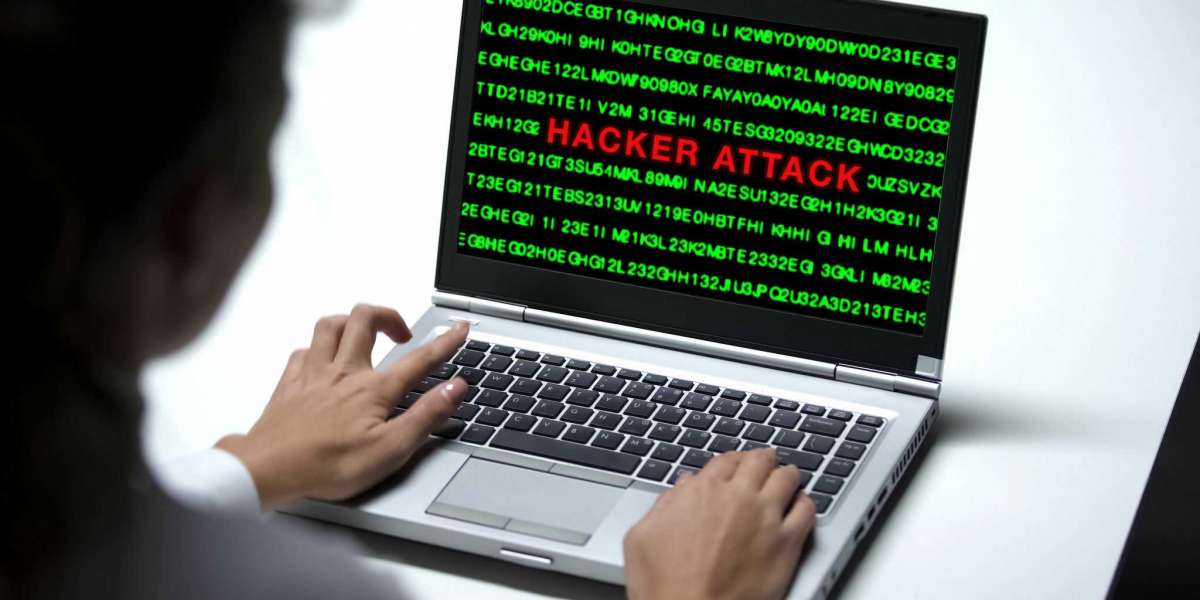Certified Ethical Hacker (CEH): Offered by the EC-Council, the ethical hacking certification courses is globally recognized and highly sought after in the cybersecurity industry. This comprehensive program covers various aspects of ethical hacking, including footprinting and reconnaissance, scanning networks, enumeration, system hacking, and more. CEH equips professionals with the knowledge and skills needed to secure systems using the same techniques employed by malicious hackers.
CompTIA Security+: This certification is ideal for individuals aiming to start a career in cybersecurity. Security+ covers a wide range of topics, including network security, cryptography, threats, vulnerabilities, and identity management. While not solely focused on ethical hacking, it provides a solid foundation for understanding security principles and practices.
Certified Information Systems Security Professional (CISSP): Widely regarded as a benchmark for experienced security practitioners, CISSP covers a broad spectrum of security topics, including ethical hacking. It delves into areas such as risk management, cryptography, security architecture, and more. CISSP certification is recommended for professionals with several years of experience in the field.
Offensive Security Certified Professional (OSCP): OSCP, offered by Offensive Security, is a hands-on certification that emphasizes practical skills. It involves a rigorous 24-hour exam where candidates must demonstrate their ability to exploit systems and networks in a controlled environment. OSCP is highly respected within the industry for its focus on real-world scenarios and problem-solving skills.
Certified Penetration Testing Engineer (CPTE): CPTE, provided by the Mile2 organization, covers penetration testing methodologies and techniques. It equips individuals with the skills to assess network security, identify vulnerabilities, and apply appropriate countermeasures. CPTE emphasizes a systematic approach to ethical hacking, ensuring a thorough understanding of the testing process.
Choosing the right certification depends on various factors, including career goals, prior experience, and preferred learning style. Some certifications are entry-level and suitable for beginners, while others require a deeper understanding of cybersecurity concepts and hands-on experience.
When selecting a certification course, consider the following:
Reputation and Recognition: Look for certifications that are widely recognized within the industry to ensure their value and credibility.
Curriculum and Depth: Assess the topics covered in the course to ensure they align with your career goals and provide the depth of knowledge you seek.
Hands-On Experience: Practical application is crucial in ethical hacking. Choose certifications that offer practical labs or simulations to apply theoretical knowledge in real-world scenarios.
Cost and Accessibility: Consider the cost of the certification, study materials, and exam fees. Additionally, evaluate the availability of resources and study materials to support your preparation.
Earning an ethical hacking certification is not just about obtaining a badge; it's about acquiring the skills and knowledge necessary to protect systems and data from cyber threats. These certifications serve as a testament to one's commitment to ethical cybersecurity practices and can open doors to exciting career opportunities.
In conclusion, ethical hacking certification courses provide a structured path for individuals aspiring to enter the cybersecurity domain or advance their careers. They offer valuable skills, recognition within the industry, and the opportunity to contribute ethically to safeguarding digital assets. Choosing the right certification requires careful consideration of various factors, but the investment in acquiring these skills is undoubtedly worthwhile in today's increasingly interconnected world.



